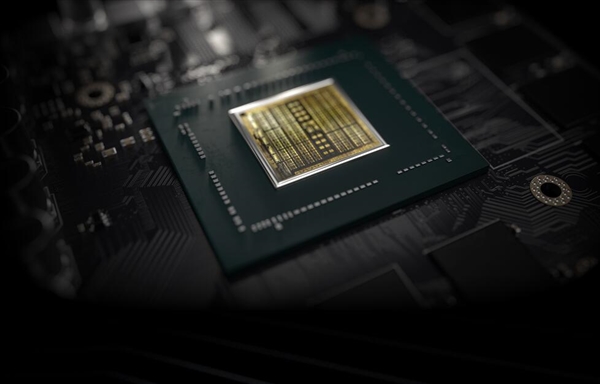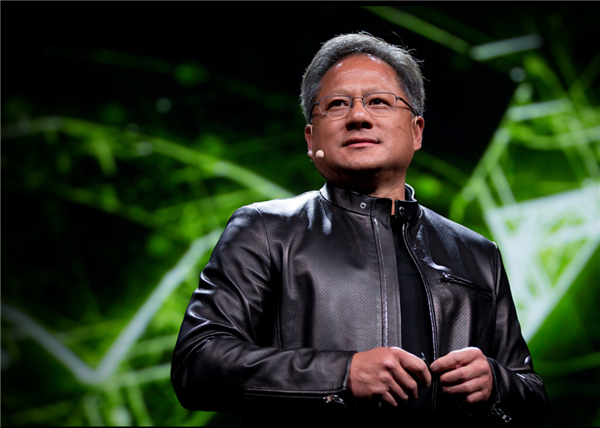March 26, 2025 – UK-based chip design firm Arm, since its acquisition by SoftBank, has gradually shifted its business model from a provider of basic architectures to a full-fledged chip designer.
Bloomberg, citing sources familiar with the matter today, reports that Qualcomm has submitted confidential documents to the European Commission, the U.S. Federal Trade Commission (FTC), and the Korea Fair Trade Commission, accusing Arm of abusing its market dominance to engage in anti-competitive practices.

In private meetings with regulators and in the confidential filings, Qualcomm alleges that after operating an open licensing model for over two decades, Arm suddenly restricted access to its technology, attempting to boost profits through its in-house chip design business. Specifically, Qualcomm claims:
Arm has refused to provide key technologies within the scope of existing agreements.
It has modified licensing terms to hinder clients’ product development.
Leveraging its monopolistic position in instruction set architectures, Arm has squeezed downstream manufacturers.
Qualcomm states that Arm is resorting to “desperate measures” to improve its financial performance, including terminating licensing agreements with some customers, requiring chip makers to sign bundling agreements, and imposing higher patent fees.
According to Qualcomm, Arm established significant reliance on its technology through an open licensing model, which also fostered a thriving chip industry. Qualcomm has informed global competition authorities that the current market is under threat due to Arm’s restrictive practices.
At the time of publication, a Qualcomm spokesperson declined to comment. Spokespersons for the European Commission, the U.S. FTC, and the Korea Fair Trade Commission also refused to comment.
Arm, for its part, expressed confidence in prevailing in the dispute: “Arm remains focused on enhancing innovation, promoting competition, and respecting contractual rights and obligations. Any allegations of anti-competitive behavior are nothing more than a desperate attempt by Qualcomm to distract attention from the substance of our ongoing commercial disputes and expand the scope of the conflict for its own competitive interests.”












